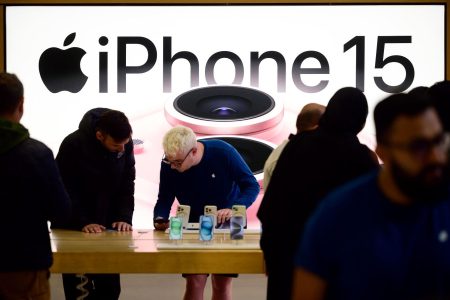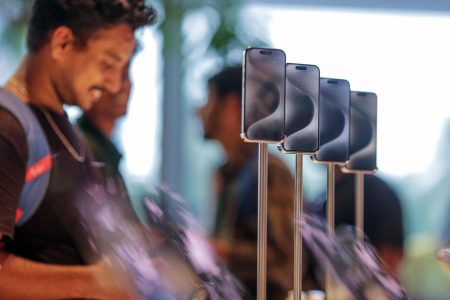Google is set to implement changes to enhance the security of Google Play purchases by introducing biometric verification options for users. The changes will only affect purchases made through Google Play’s billing system and will eliminate the need for a Google Account password when confirming the configuration change. The email notification also includes a caution for Android users who store biometrics of children or others on their devices, advising them to consider the potential risks of allowing biometrics from multiple users to be used for purchase verification.
Additionally, recent reports indicate that Google Wallet will also require biometric verification for every purchase, similar to Apple’s authentication requirements for Apple Pay transactions. Users will receive an alert to verify their identity three minutes after unlocking their device when using Google Wallet. However, users will have the option to disable verification when using the default transit card, even if the phone is locked. These changes align with the trend towards primary biometric authentication in technology companies, raising questions about user comfort with this approach.
While biometric authentication offers benefits over traditional passwords, concerns remain about the widespread acceptance of this technology among consumers. Research from a 2016 YouGov survey revealed that a majority of adults in the U.S. preferred passwords over fingerprints or facial recognition. Despite this, a more recent study by NordVPN found that a significant percentage of U.S. respondents use some form of biometric technology daily, suggesting a gradual shift towards its adoption. However, a substantial portion of users still do not utilize biometrics at all, indicating a need for further education and awareness about the security advantages of biometric authentication.
As technology companies like Google continue to promote biometric authentication, it is essential to consider consumer preferences and perceptions regarding the use of biometrics for various purposes beyond unlocking smartphones. While biometrics are commonly used as a second factor in authentication, concerns may arise about using them for sensitive transactions like logging into bank accounts or making online purchases. Understanding the statistics and sentiments of consumers towards biometric authentication is crucial in ensuring that users feel secure and confident in utilizing this technology for their digital interactions. Ultimately, the ongoing evolution of biometric authentication necessitates a balanced approach that addresses both the benefits and concerns of users in adopting this security measure.















